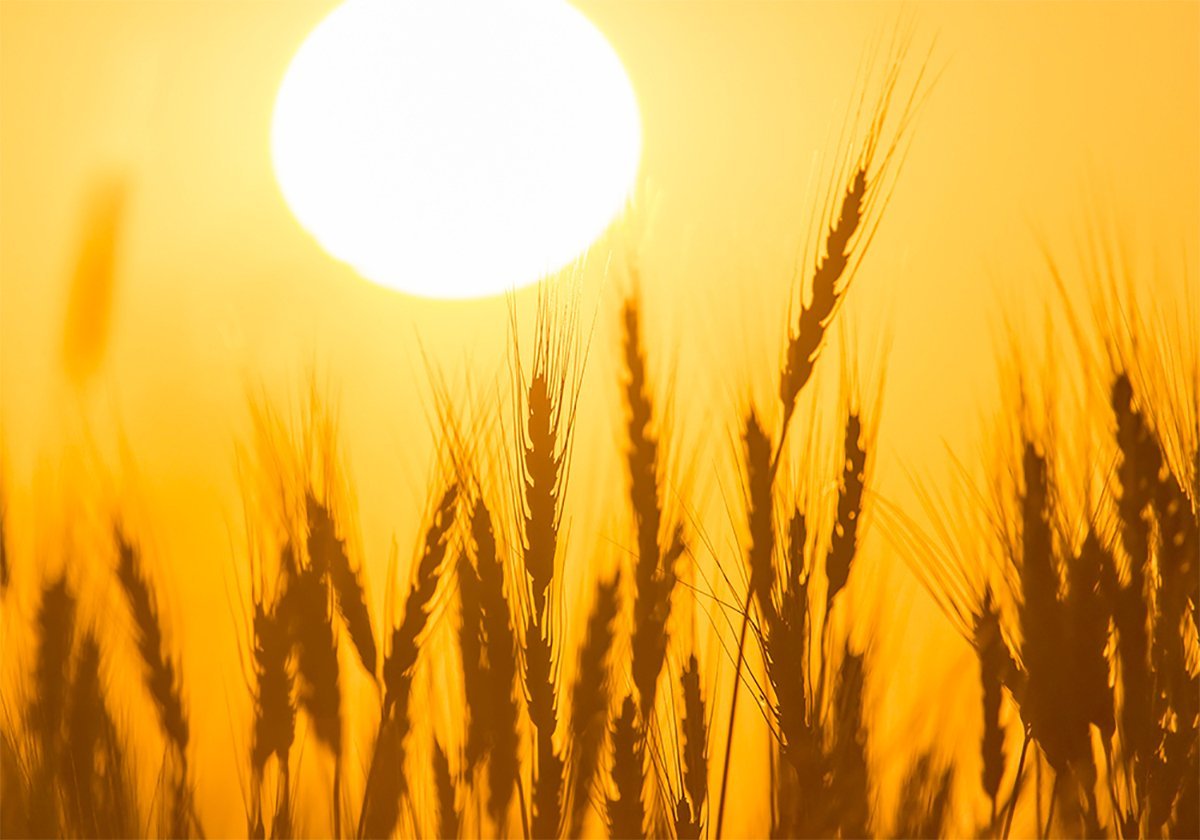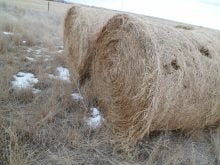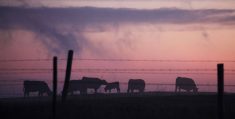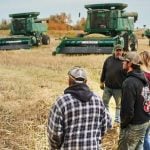Scorching spring temperatures are causing wildfires across central Alberta, threatening livestock operations. The provincial government has activated its emergency management cabinet committee.
Sheep rancher Claude Durupt, near Tomahawk, Alta., just north of Drayton Valley where the town of more than 7,000 has been ordered to evacuate, said he’s monitoring the southeasterly winds blowing the fire away from his farm.
But if the wind shifts back to the predominately western direction, he’s likely going to need to move his animals, and quickly.
Read Also

Heat waves combine sunshine and sinking air
As we continue our look at heat waves, I figured we should first define what they are by looking at the criteria Environment Canada uses to define heat events.
“The crap shoot is, where do you move them where they are going to be safe?” he said the morning of May 5, after the evacuation notice went out to Drayton Valley residents.
While emergency reception centres have been set up in Edmonton for individuals, Durupt said there isn’t a clear option right now for him and his sheep with transportation being an issue along with a suitable pasture to place them in.
“I have seen some posts on Facebook that up in Mayerthorpe. They’ve got places for trailers, some corrals for horses, some facilities for pets,” he said. “The problem with hauling, you have to get a bunch of trucks together in a short time.”
Durupt said cattle trailers won’t hold sheep, of which he has 100 for breeding, along with 150 lambs.
There are several large cattle operations in the region as well, he added.
The entire province is under a fire ban as temperatures have soared across Alberta into the high 20s and low 30s, breaking several records.
During a May 5 morning briefing, Stephen Lacroix, managing director for the provincial emergency management agency, said local authorities in fire-affected areas have had training made available for dealing with livestock in emergent situations and developed plans.
“If the community in question has a serious concern about livestock evacuation, we have the expertise to develop a plan in collaboration with that community or municipality,” said Lacroix.
Rodeo bulls, which were part of the Drayton Valley Rodeo this weekend, were moved out of the area safely, he added.
The weather is not expected to help the situation during the next few days.
“Today we’re looking to the conditions,” said Christie Tucker, information manager for Alberta Wildfire, during the briefing. “We’re expecting very warm weather and extremely strong winds particularly in the northern half of the province.”
Those conditions will be challenging for firefighters, she added.
Contact alex.mccuaig@producer.com
















